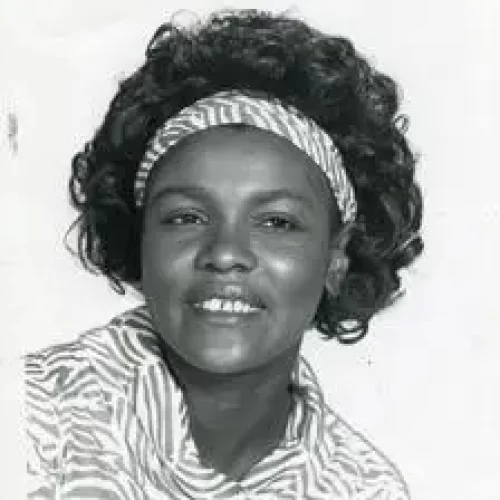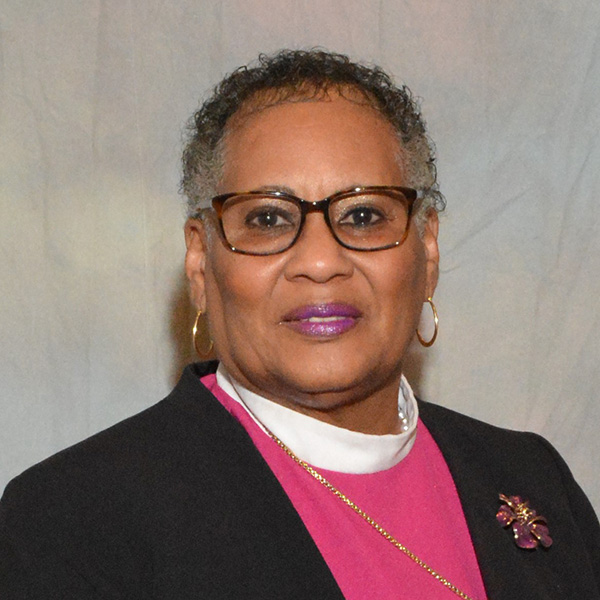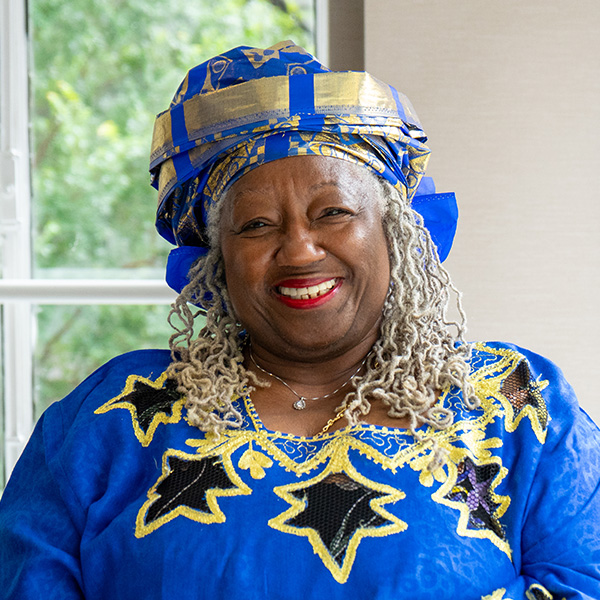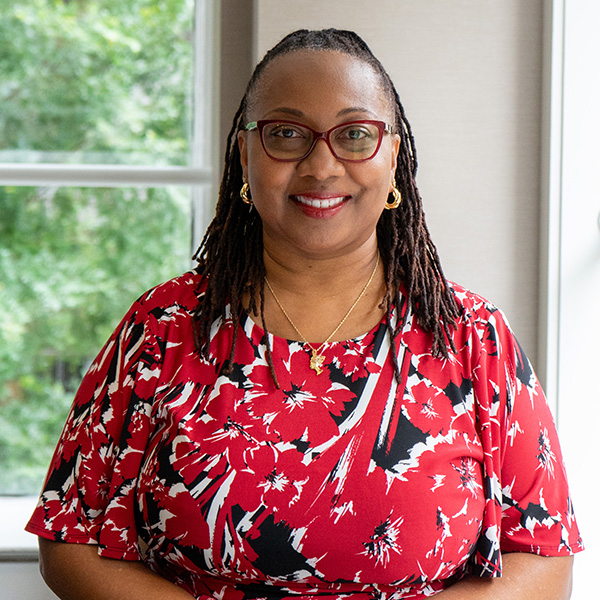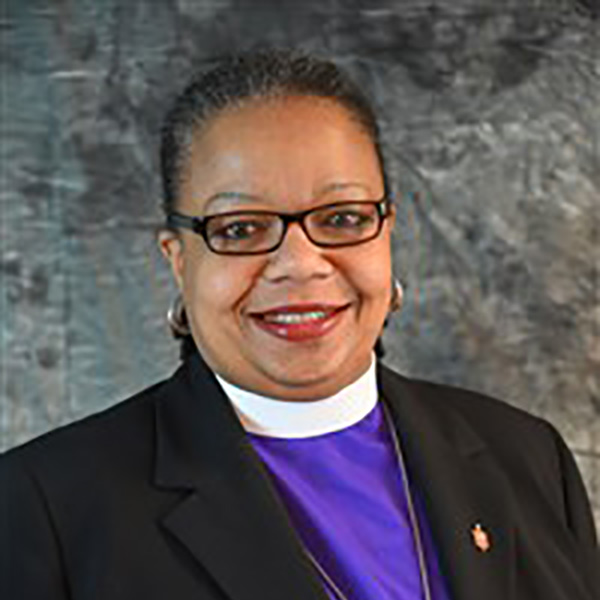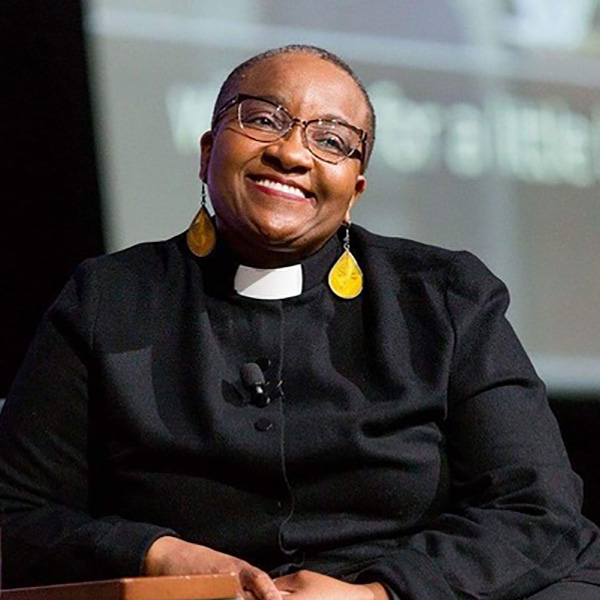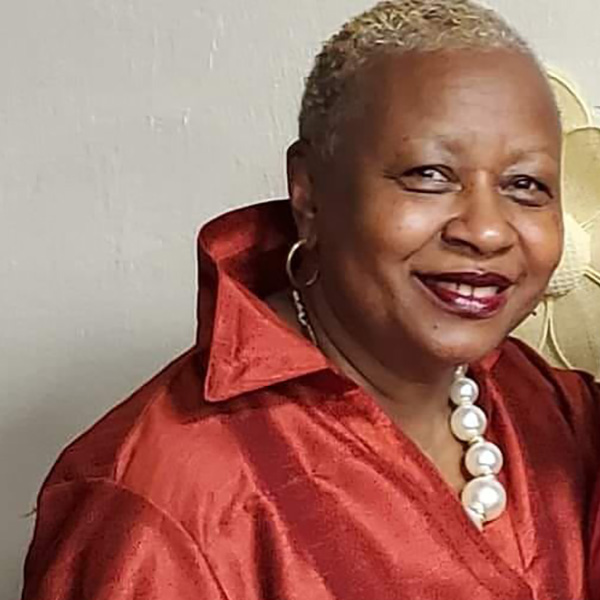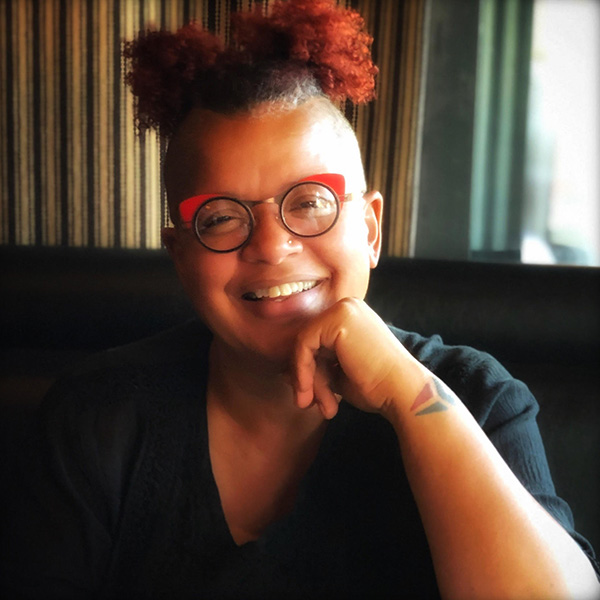Biography
Early Life
Imagene B. Stewart was one of the first women ordained in the National Baptist Convention. She also helped found the Afro-American Women’s Clergy Association in 1969.
Born on September 23, 1942, Stewart grew up in Dublin, Georgia. There, she and her family attended Laurens Hill Baptist Church. Her father was abusive towards her mother, which made her home life turbulent.
She was active in school and community organizations like the National Association for the Advancement of Colored People. An unexpected pregnancy at fourteen changed her life.
She married Lucius Johnson in 1958, though the marriage did not last long, the couple had two sons Michael and Tyrone. She later married Albert Stewart.
She continued her education through night school. Her desire to be involved with the civil rights movement led Stewart to join the Southern Christian Leadership Conference as a young activist.
Civil Activism
In 1963, she attended the March on Washington in the nation’s capital. Her visit to the city was transformational and she eventually moved there in the 1960s.
She attended Washington Technical Institute and the Wesley Theological Seminary. In 1972, she founded the House of Imagene Shelter and Women’s Center. It was the first and only shelter in Washington, D.C. opened by an African American woman. It primarily served domestic violence victims and homeless Vietnam veterans. Stewart felt deep empathy since she had witnessed her mother’s abuse and was homeless herself as a young woman in D.C.
Religious Leadership
As a faith leader, Stewart was a trailblazer for African American women ministers. She helped found the African American Women’s Clergy Association, an organization to support and help women navigate leadership roles in Christian churches. She explained in one interview,
“There are a lot of women preachers in the County who…felt they needed a fellowship… Women can be lay ministers such as evangelists or missionaries, but not ordained. That is why we are including them because their denomination will put them out if they are ordained.”
The AAWCA later consecrated Stewart as Presiding Bishop in 1996.
As the leader of her own ministry, Pearly Gate Full Gospel Baptist Church, she was one of the first women to pastor a Baptist congregation. Her ministry extended even further when she became a popular host for a Sunday morning show on WOL AM radio.
She was the first African American Chaplain and later served as the President of the American Legion Auxiliary in the 1980s. Stewart has been recognized for her leadership by a number of national political figures like Secretary of State Colin Powell and the D.C. Chamber of Commerce.
American Flag Symbolism
Her life-long religious activism made her a proponent of the American flag, American democracy’s most powerful symbol. She wrote in a 1998 editorial, “U.S. Flag Waves for All, Ignoring Skin Colors” that “I just happen to believe that I should respect the flag and honor the country where I was born. It’s a lesson I learned from the Rev. Martin Luther King Jr. As a young girl from Dublin, Ga., [during] the Citizenship Education Program of Dr. King’s Southern Christian Leadership Conference. He was still a young, unknown Southern preacher when he taught me to respect our country and its flag.”
Stewart always advocated passionately about what she believed, despite the popularity of an ideal.
The House of Imagene burned down and closed in 2010, and Stewart died less than two years later. Her compassion and confidence fueled her ministry and activism which improved the lives of several generations. Imagene Stewart’s legacy lives on through her community building and bold spirit for inspiring change.
